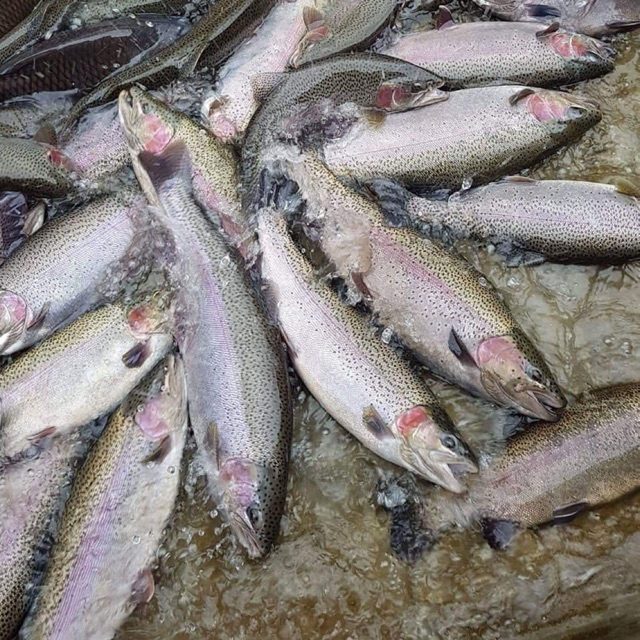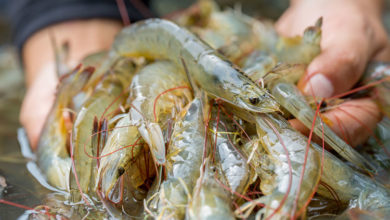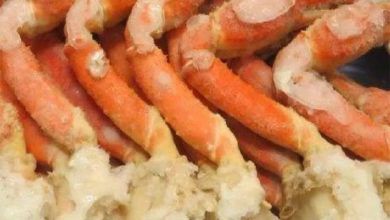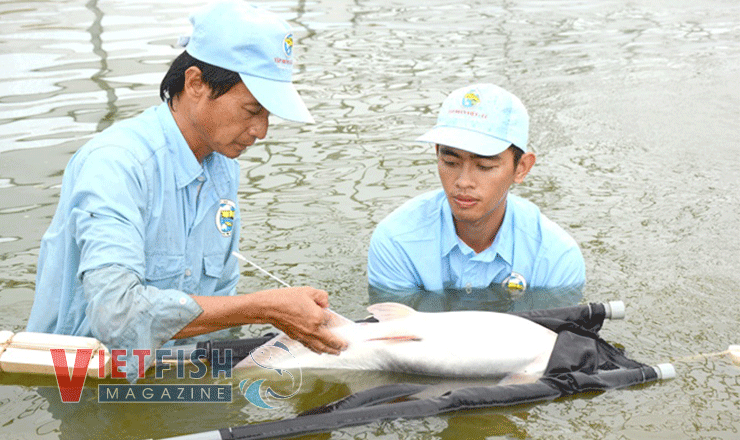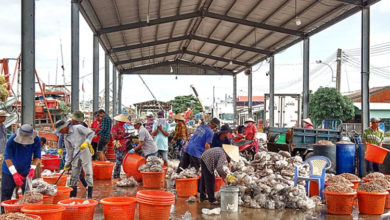Very few production facilities of shrimp breeding stocks
The Mekong Delta has 10 production facilities of breeding stocks and commercial shrimp to be recognized for disease safety assurance, so much less than actual demand.
At the beginning of the 2023 shrimp crop, some localities in the Mekong Delta reported the lateness of saltwater flow and farmers’ stocking.
According to the Regional Sub-department of Animal Health VII (under the Directorate of Animal Health, Ministry of Agriculture and Rural Development), extreme weather has caused bad impacts to various aspects of aquaculture, shrimp culture included. Besides, pathogens of white spot disease, acute hepatopancreatic necrosis syndrome, subcortical necrosis disease, and infection with infectious hypodermal and haematopoietic necrosis virus are living in farming areas. This poses a high risk to a disease outbreak in shrimp ponds in 2023.
As for the five key shrimp farming provinces under the control of the Regional Sub-department of Animal Health VII, Cà Mau, Kiên Giang, Bạc Liêu, Sóc Trăng, and Trà Vinh, the animal health sector took more than 17,000 samples in 2022, 1,500 samples of which are positive to the abovementioned diseases. Many severe diseases are available in regional shrimp ponds.
The Prime Minister issued the Decision no.434/QD-TTg about approving the National plan to prevent some severe diseases easily infected by farmed species, period 2021-2023. The plan involves some solutions to control disease outbreaks in aquaculture.
There are 28 shrimp facilities nationwide to be recognized for disease safety assurance, with 25 facilities producing breeding stocks and 3 facilities producing commercial shrimp. In the Mekong Delta alone, 10 key shrimp farming facilities in the Regional Sub-department of Animal Health VII have been recognized for disease safety assurance, with seven of them producing breeding stocks and three of them producing commercial shrimp.
Not so many facilities related to production of breeding stocks and commercial shrimps have strictly following regulations for disease safety assurance while the actual demand is still high. Meanwhile, such an assurance will be an important basis to prevent shrimp farmers from buying unqualified breeding stocks.
VFM


